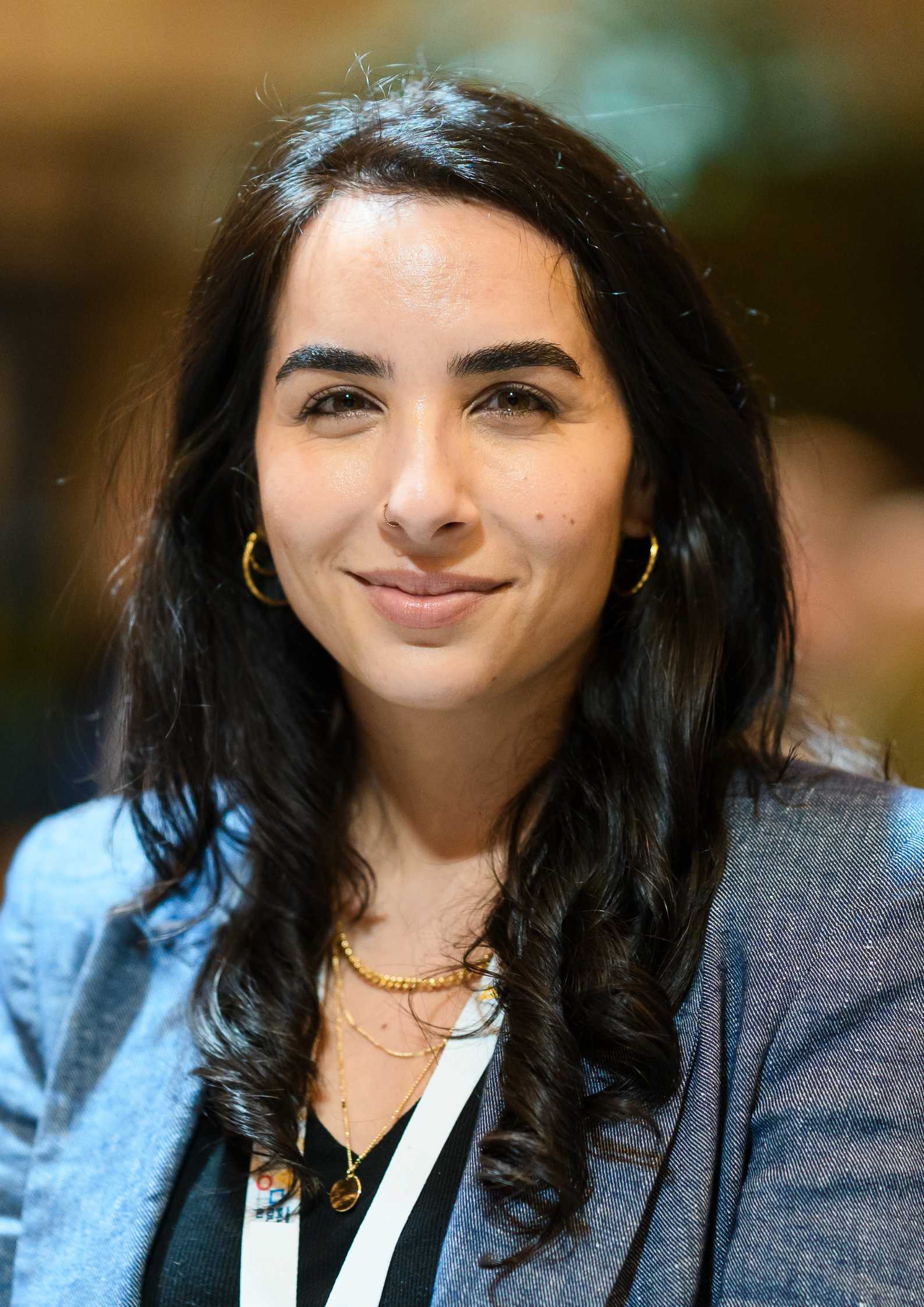When Fields Meet: What Peace Work Reveals About Gender Constraints in Environmental Management and Mainstreaming Sustainability
ABSTRACT
Despite recognizing that environmental interventions require technical and social approaches, organizations often privilege the former over the latter. Yet, we have a limited understanding of why these patterns persist or how to accelerate effective approaches. Drawing on four years of ethnographic fieldwork in an organization bridging peacebuilding and sustainability, this study demonstrates how field-level gender institutionalization impacts environmental management practices. The findings show how, in contrast to the peacebuilding domain, where gender is successfully mainstreamed, the organization’s environmental domain lacks institutionalized gender frameworks, prioritizing approaches focusing on technical expertise while marginalizing social and community-based knowledge. To bridge the contrasting gender regimes, organizational-institutional entrepreneurs attempt to translate gender-inclusive practices across domains, creating organizational ecotones—spaces where competing gender regimes meet and interact. The study shows how field-level dynamics constrain environmental management approaches, offering insights for developing more holistic practices through integrating diverse forms of knowledge to accelerate systemic change in mainstreaming sustainability.
BIOGRAPHY
Ambreen Ben-Shmuel (she/her) is a postdoctoral research fellow at the Erb Institute for Global Sustainable Enterprise at the University of Michigan, where she studies how organizations navigate complex challenges when working across deep institutional divides. Drawing on extensive ethnographic fieldwork, her research examines organizations operating at the intersection of sustainability and violent conflict, exploring how they develop innovative practices to enable cooperation despite significant political and structural constraints. She has received the Academy of Management Best Student Paper Award (2024) and the Sophie Davis Prize for best paper (2025), and has been supported by fellowships from the Harry S. Truman Institute (2019), the Azrieli Foundation (2021), and Lafer Center for Women's and Gender Studies (2020). She earned her Ph.D. in Sociology from the Hebrew University of Jerusalem and brings nearly two decades of practitioner experience with conflict resolution and environmental organizations to her academic work.
Ambreen Ben-Shmuel

